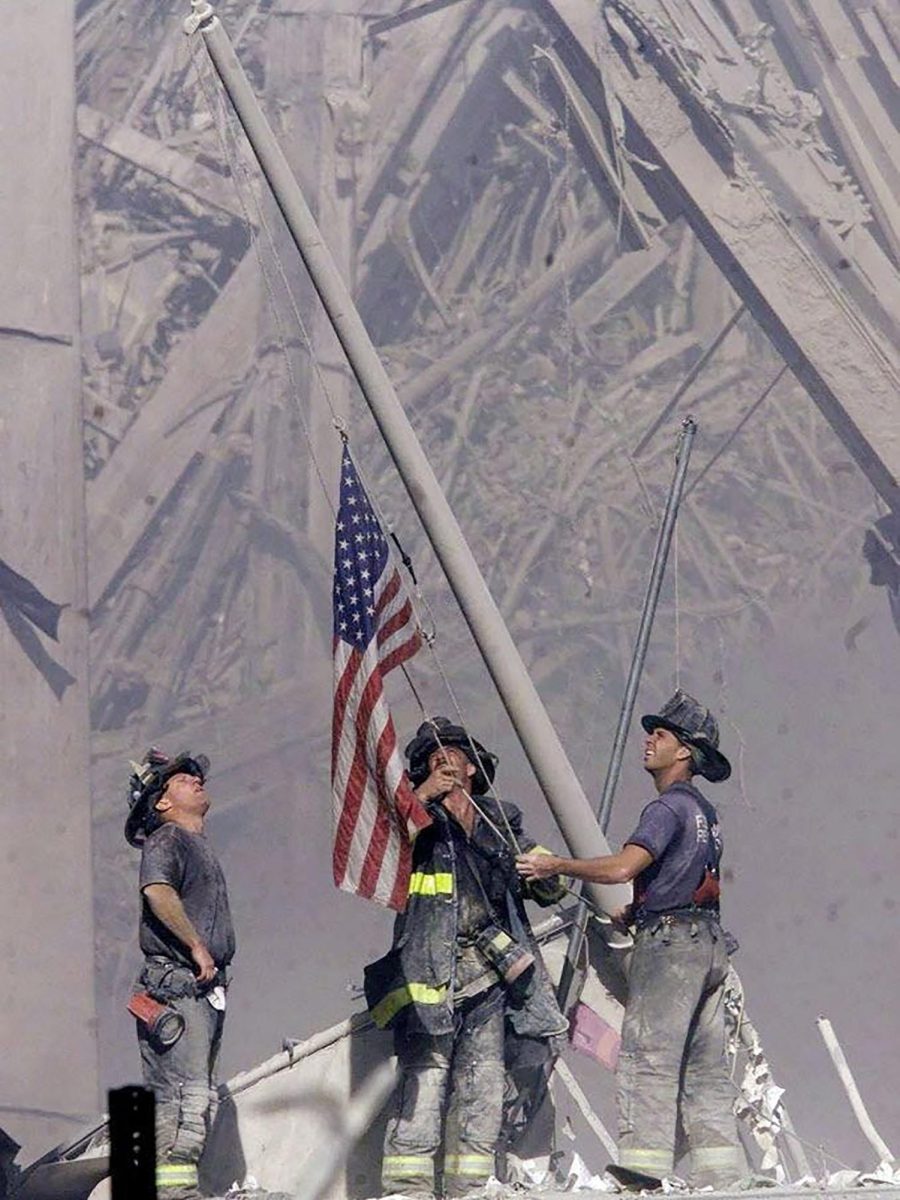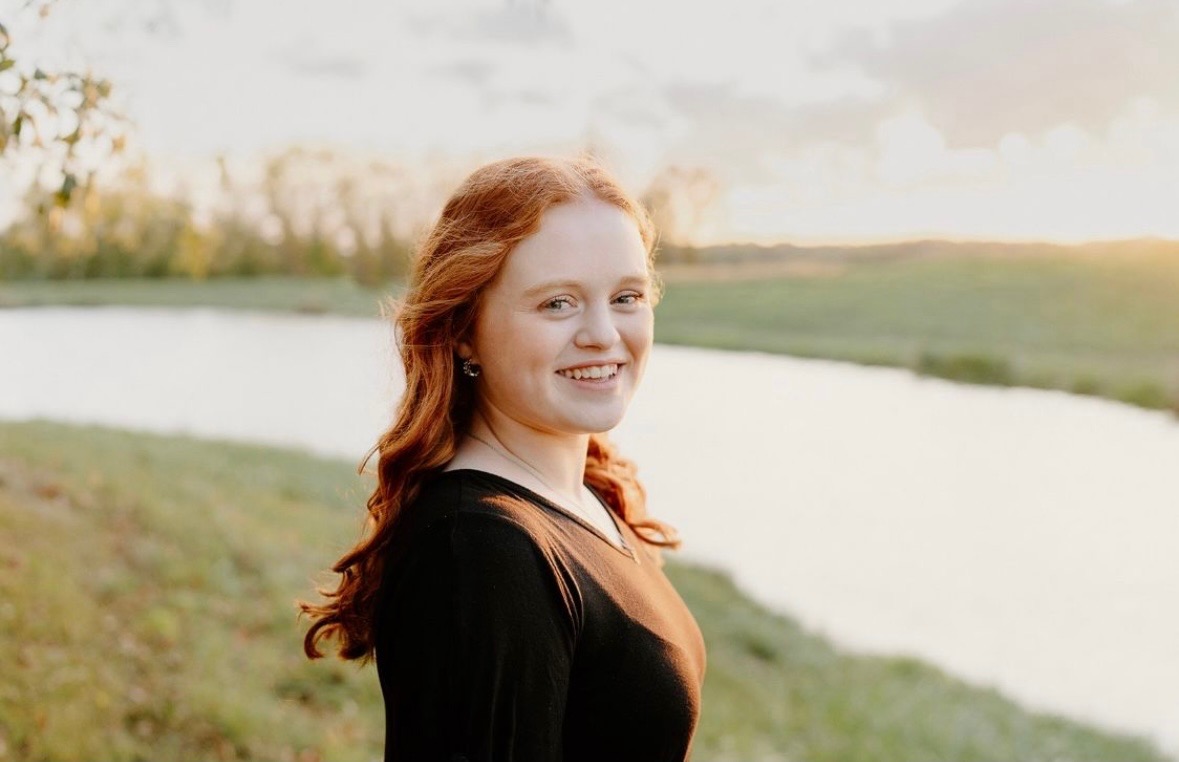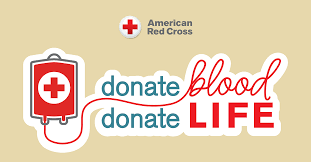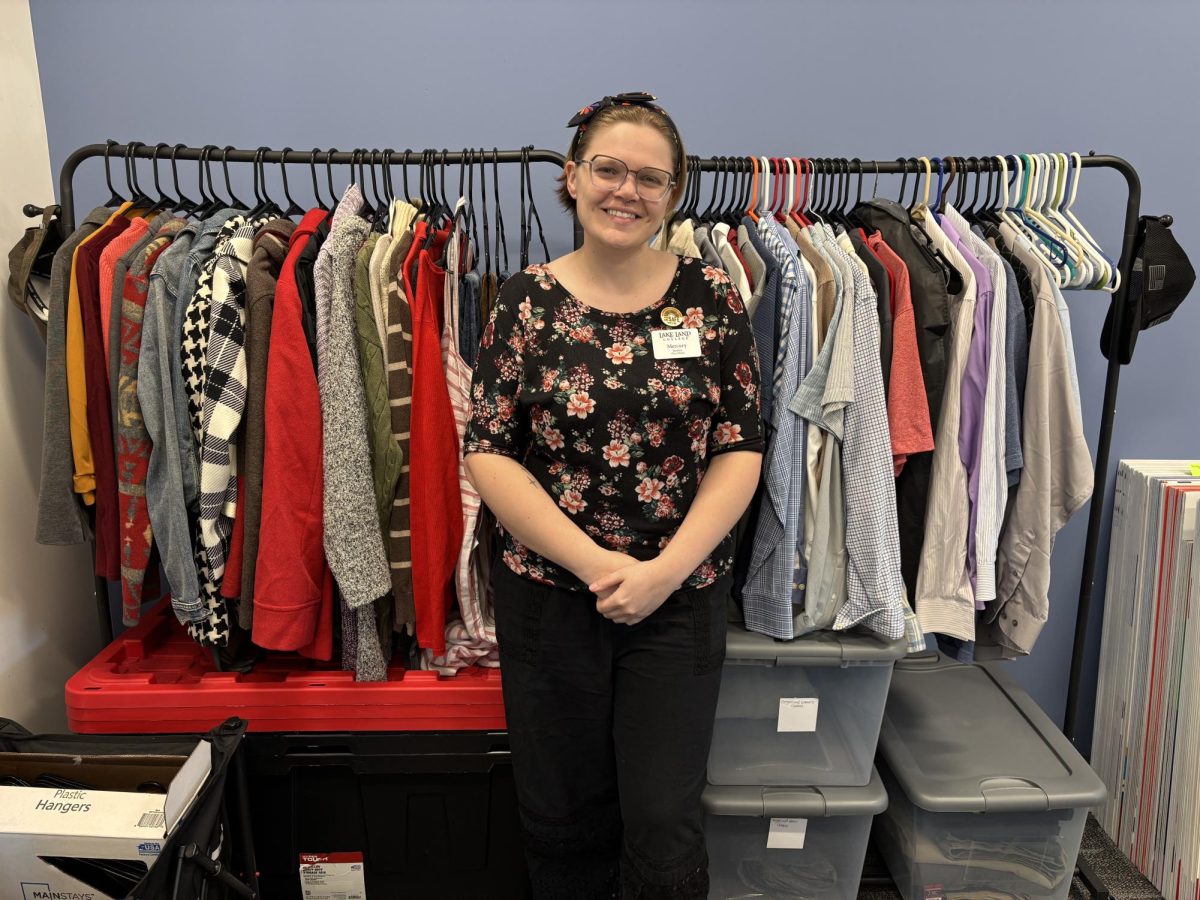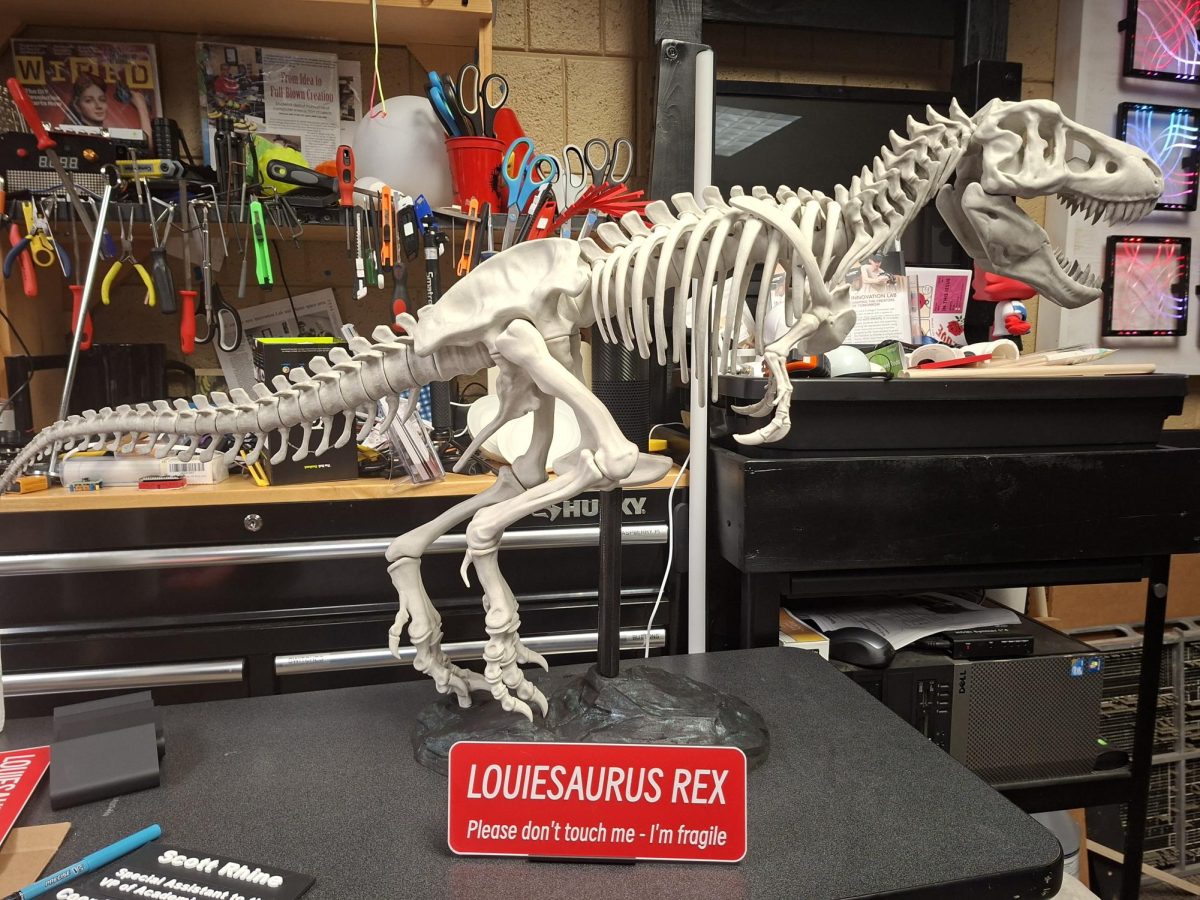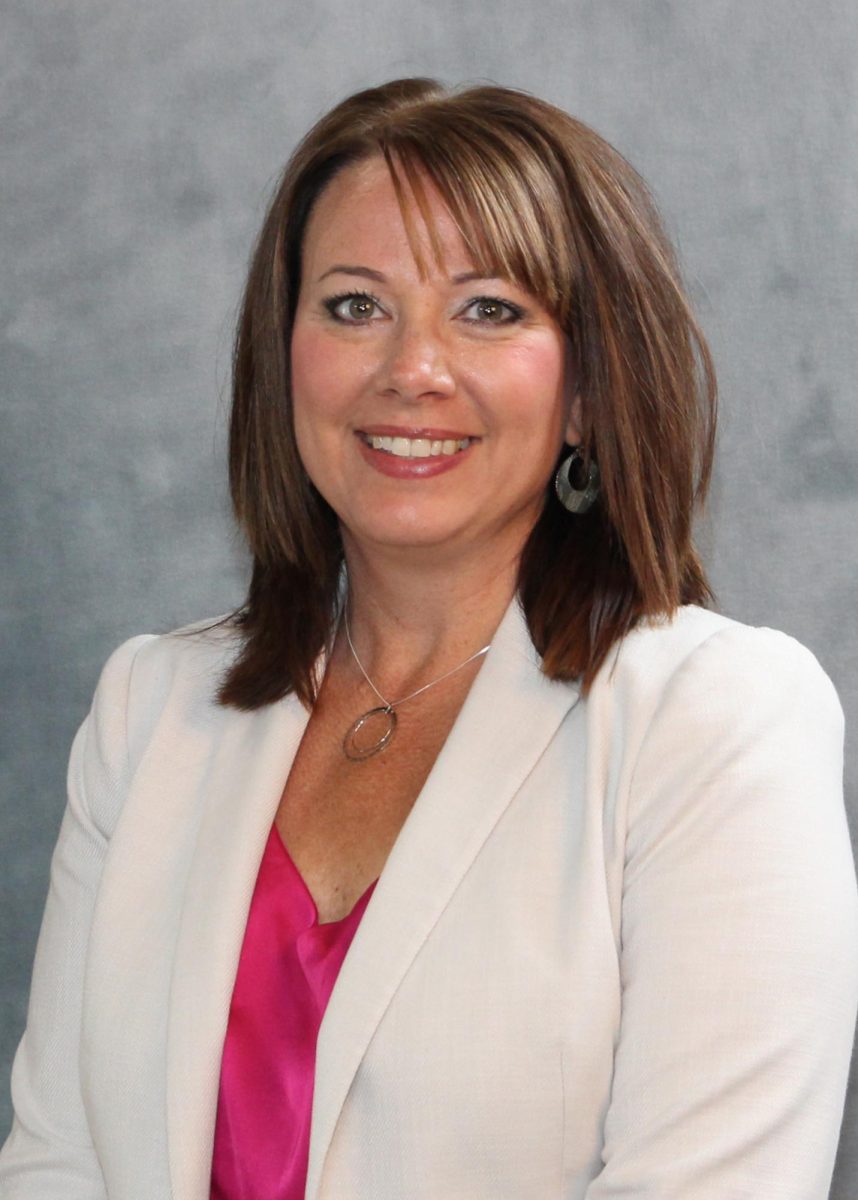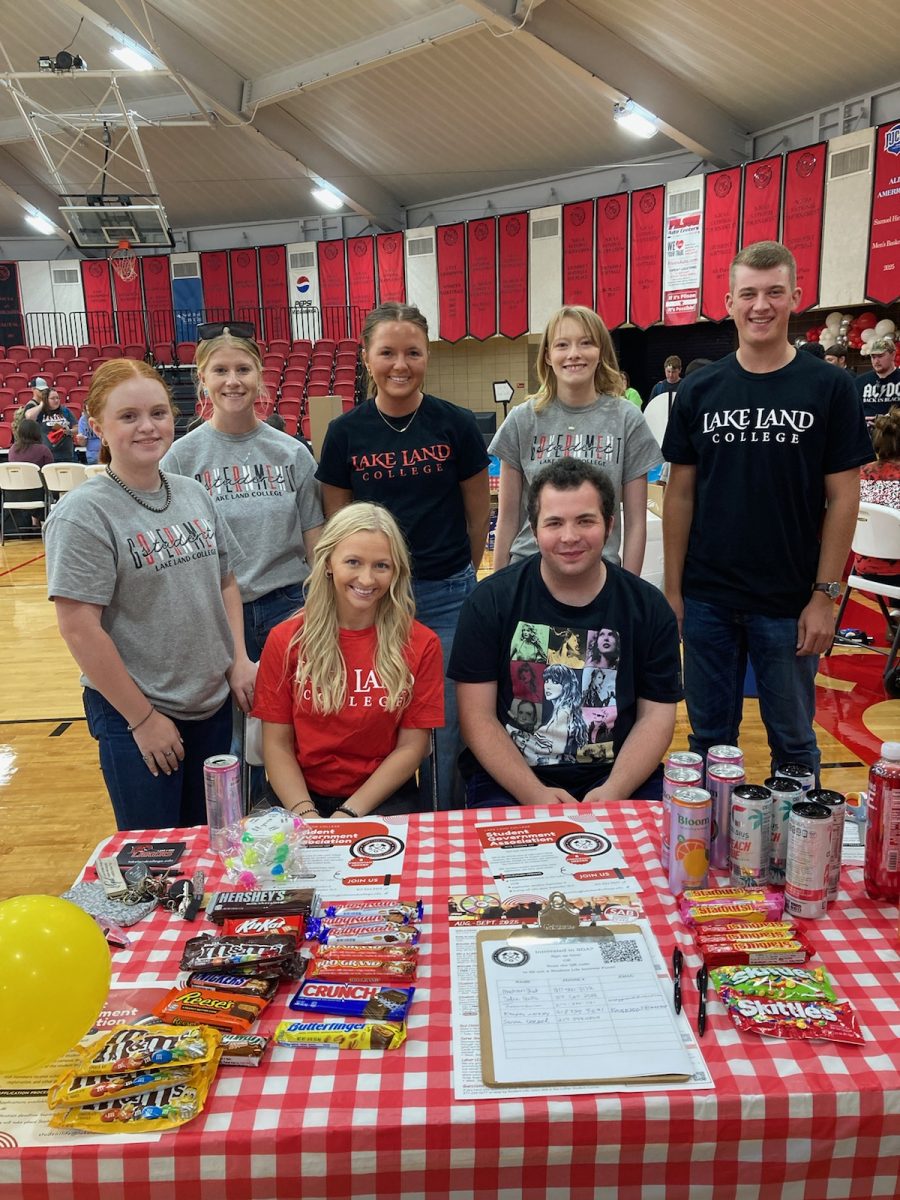On the anniversary of September 11, people remember the lives lost and sacrifices made years ago as a result of the heinous attacks on the United States. They like social media posts commemorating the tragic events, and students in schools across the country watch videos describing what took place on 9/11. In addition, people who experienced the events and the aftermath recall where they were and what they were doing when they learned about the attacks. In many ways, the events of 9/11 changed America forever. The tragic events sparked new policies regarding safety and security, and they also induced a sense of unity. Yet still, a wave of division swept through America in the days after terror struck. Today, as students hear about all that occurred years ago, they develop an understanding of the emotions of that day and they are able to somewhat narrow the generational gap that sets them apart from all that occurred on 9/11.
In the wake of the events of 9/11, many of those who experienced the events unfold recall the many changes that were made throughout the country. New policies, such as the Patriot Act and the construction of the Department of Homeland Security (DHS), were put into place to ensure safety and security. Katie Parrish, a sociology instructor here at Lake Land College (LLC), recalls, “The Patriot Act was a huge thing in terms of a bunch of changes in daily life. Especially for travelers or immigrants.” She said, “I [also] feel like government surveillance and the technology that became the umbrella of a form of protection is certainly something that changed quite a bit after 9/11.” Shane Rogers, a political science instructor at LLC, noted the creation of the DHS, recalling that it was not until after the attacks on 9/11 that it came into existence. Other changes, arguably the most notable, were those made to airport security. “I remember being a kid before 9/11 and I took a flight, by myself, out to California. I was like 17 and my mom walked me all the way to the gate. There’s no way you could do that now,” said Parrish.
Also following the attacks, was a nationwide wave of unity. “I feel like to an extent we were a lot more unified in like having a sense of support and solidarity for everyone because this was a nationally felt thing,” said Parrish. However, unity was not the only feeling felt in the days following the attacks.
Parrish went on to say, “On the other hand, I also recognize that I am saying that as a white woman, because I seriously doubt individuals who were Middle Eastern or Muslim felt any sense of unity.” Salisa Olmsted, LLC’s Humanities and Communications Chair, said that this division was toward “particularly Middle Easterners, and that’s a shame, because that is a stereotype.” “I think all we [those who were alive at the time of the attacks] have to do is remember that day and we probably get a sense of how it felt and how we did pull together as a nation, but we’re not that way anymore. I think that in some respects, after the initial pulling together, then it was ‘I don’t trust people’,” Olmstead continued. Rogers also noted that he had “never seen people treated or talked about in such a way that was kind of pervasive. It’s all you heard for a while.” Therefore, while the unification of America is something that nearly everyone remembers, the division and hate toward certain people groups is something that was just as impactful.
Today, when students learn about the events of 9/11, many are able to understand the emotions that people back then might have felt. Mackenzie Taylor, a student on campus, said growing up and learning about the events of 9/11, “really just made me sad for our world.” Although, regardless of the understanding and knowledge students today possess, they will always be somewhat disconnected from the event as a whole. Emily Probst, another student on campus stated, “We didn’t live through it, and we’re not emotionally connected to it.” Yet still, even with the disconnect, there is importance in learning about the attacks and their impact on the US.
Social media has also been a big influence in students’ learning concerning big events, such as 9/11. “I think it [learning about the attacks] does help the younger generation. On 9/11 this year, when I was scrolling through TikTok, there were 9/11 posts that were popping up on my feed. That kind of helps keep it recent. It keeps people looking at it, and that helps educate,” said Probst. Social media has changed society, and in turn changed the way people remember and understand significant events.
Overall, the events of 9/11 caused so much devastation, and through that devastation came many changes. Then, in the aftermath, a great sense of unity arose, but so did division. Students today can look at 9/11 and see a tragedy that occurred, say it is sad and unfortunate, and then go on with their day. But the true importance of remembering this event lies within understanding the impacts, and understanding the purpose behind the changes made. In present day America, to many, there seems to be so much division. Instructors on campus, when asked if the unity after the 9/11 attacks still exists today, mostly agreed that it has diminished. Students of the upcoming generation are the ones who will be taking over roles in government, and they will be influencing the policies that are made. So understanding past events that have changed society as a whole are very important to understand.
Although a disconnect will always exist for those who were not alive to see the events of 9/11, it is still important to understand all that took place because it can help students understand the fragility of life, as well as the importance of finding common ground with those around them. As Rogers said, “Hopefully it [9/11] can help people understand how quick things can change and that time is short so make the most of it that you can.”



